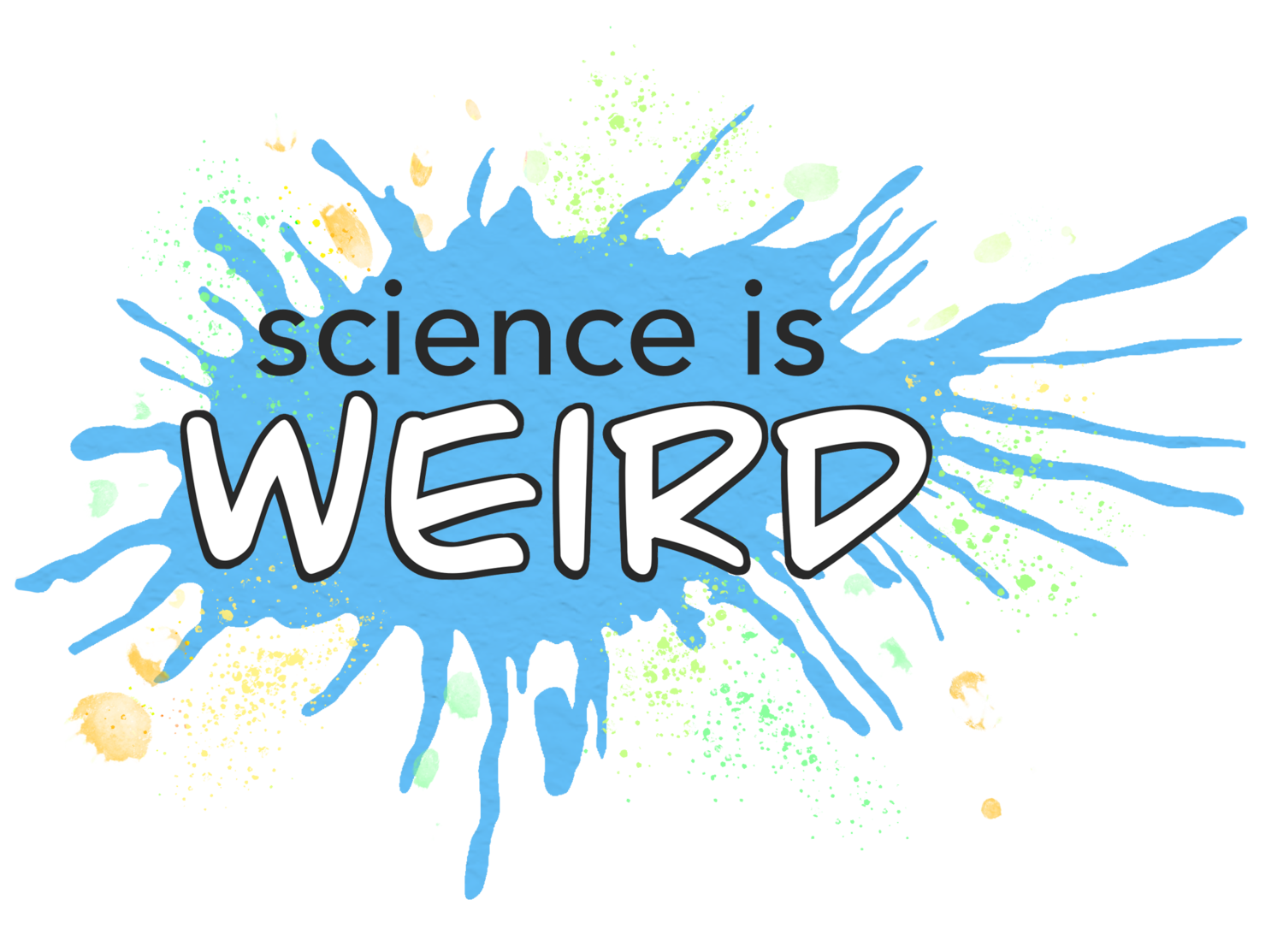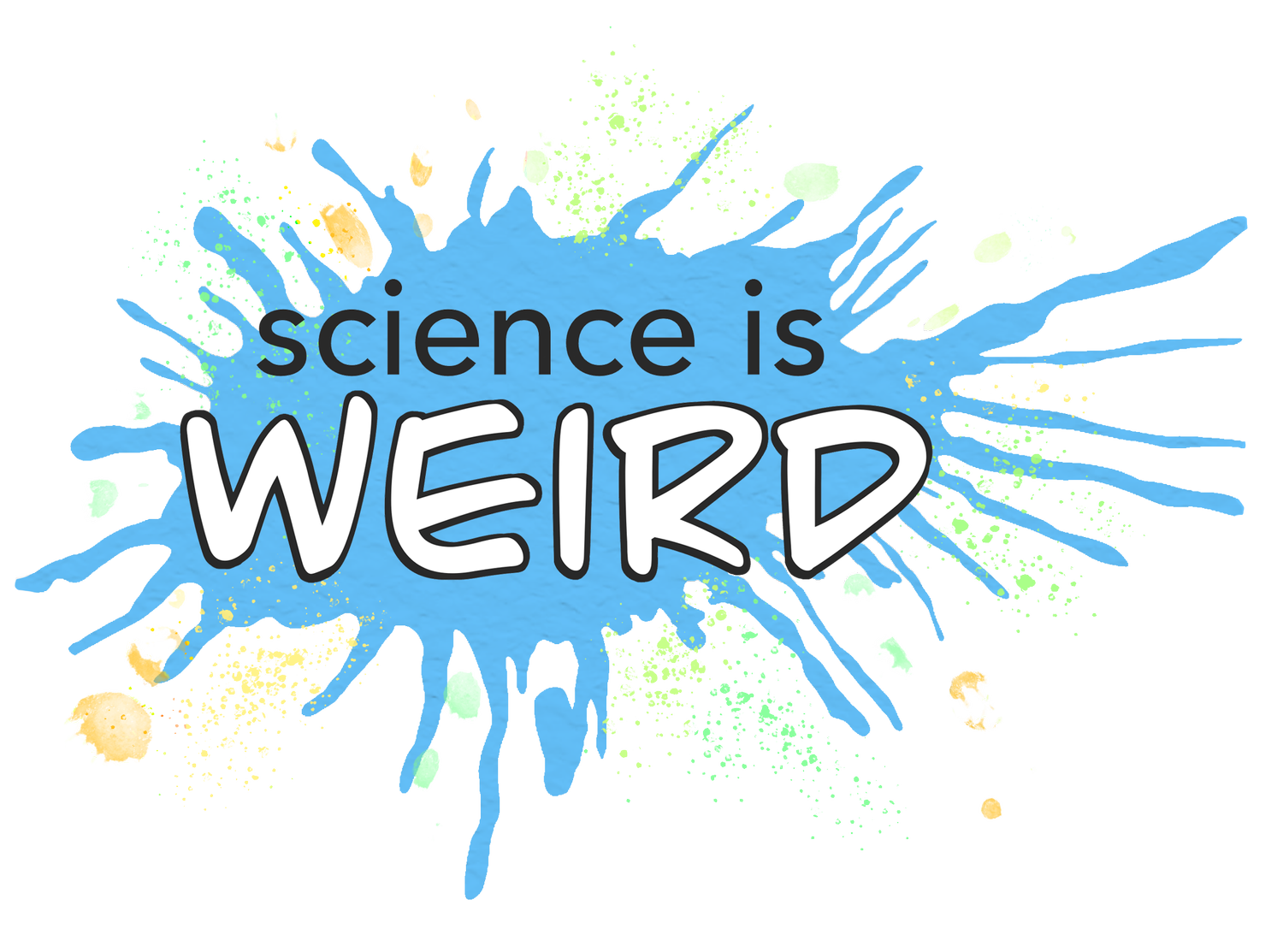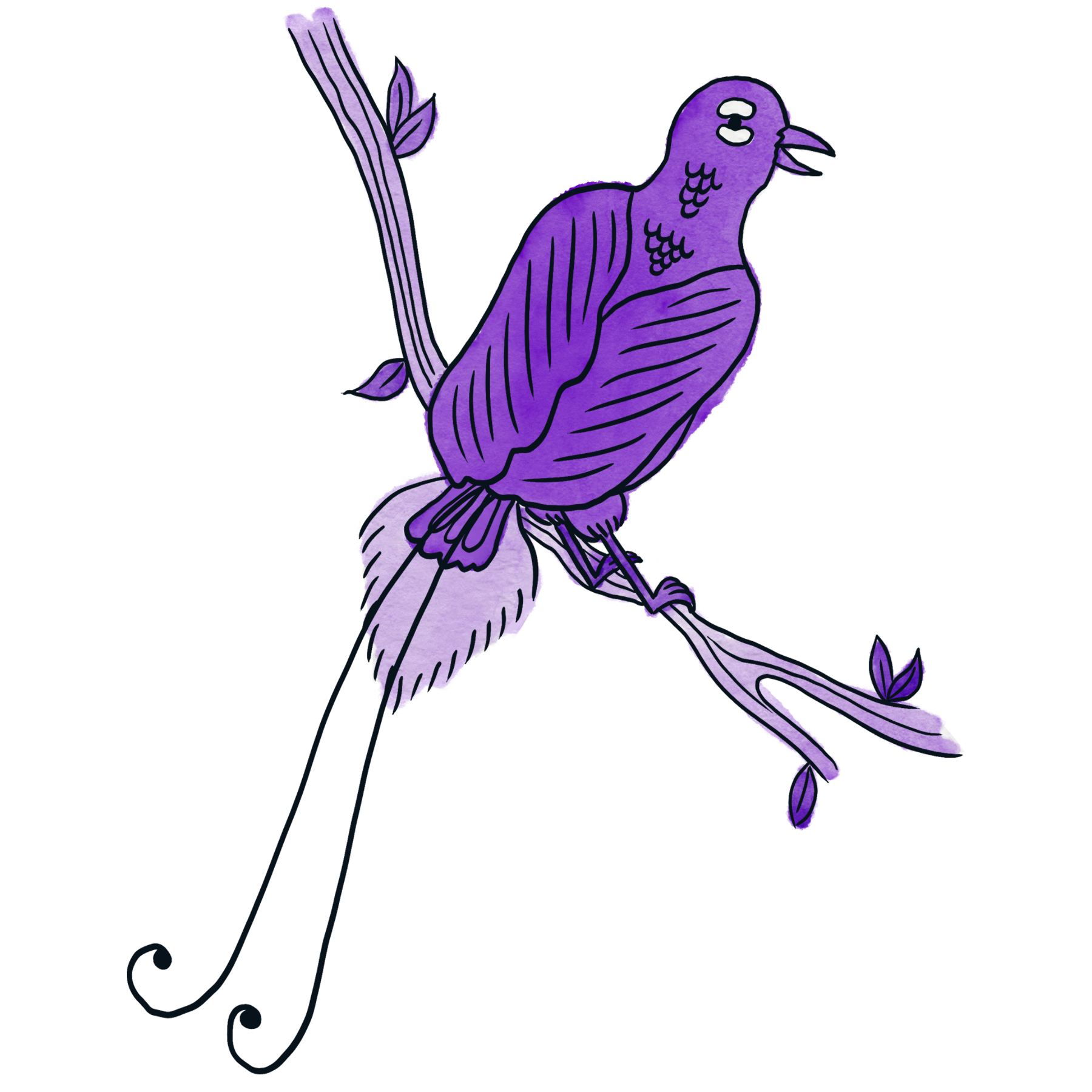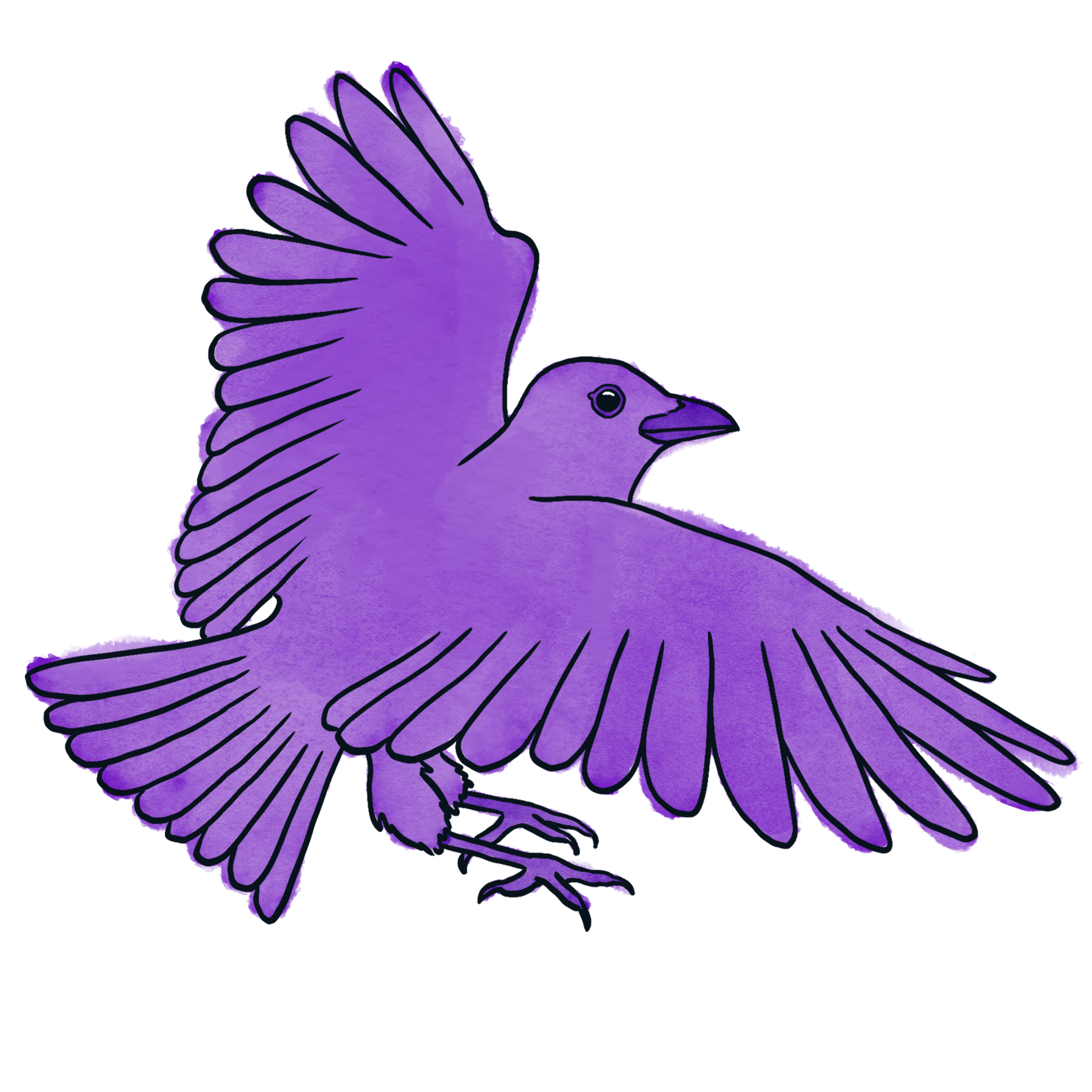Everything, everywhere
Our epic six-year curriculum
Each of our lessons is part of one giant super-curriculum.
180 lessons. Thirty topics. Six years. A once-in-a-lifetime experience that lets you see how the whole universe connects together.
This allows each of our lessons to become broader, deeper, and more intellectually intense.
Simple questions
Q: What’s the plan?
We launched Science is WEIRD in 2020 and worked intensively to create nearly 200 lessons.
Then in 2023, we looped looped back to the beginning, revisiting old topics, adding in some new, and weaving them all together.
Now they’re so, so much cooler.
Each year, we spend five weeks in physics, five in chemistry, five in anatomy, five in biology, and five in zoology. By 2029, we’ll have created a six-year-long supercurriculum.
Q: Do I need to commit to taking all six years?
Goodness no!
Q: How does it begin?
Most years, we start with some of the smallest things, and work up to some of the biggest (and most complex) things.
But the very first year, we start with “The Universe is Weird”. It sets the stage by helping you draw a map of literally all known reality in your head.
Q: Are these all repeated topics?
Mostly, which allows us to make them even better… but a few are totally new.
In “Snails” we introduce zoology with a very odd family of animals — not quite fish, and not quite bugs.
In “Toasters” we’ll ask simple questions about household items, and learn the basics of electromagnetism.
In “Soap” we’ll play with real chemical reactions in a diversity of cleaning agents.
In “Guts” we’ll poke around your internal organs.
And in “Aliens” we’ll imagine what life could look like outside Earth.
Q: How are you getting “180 lessons”?
Five lessons × six topics × six years = 180 lessons.
Q: Only five lessons per topic?
Yes — although we have a “Secret Sixth” lesson for kids who opt into the Philosophers Club (held the week between topics).
Q: Will you keep making Deep Dives?
We’re re-making the Deep Dives… and expanding them to include new parts!
Q: Will this only be for kids 8–15?
No — each year we’ll ratchet up the ages by one year. No kid will ever “age out”.
Q: I’m a home schooler! Will these be able to count as high school science classes?
You betcha! Take a look at how we’re designing this for high school credit.
Q: I’m a school! Can I use this as my science curriculum?
You absolutely can. The recorded lessons are about 90–120 minutes long (in a few 20–30 minute chunks) and there are oodles of activities to extend the lesson through the week.
Fanciful questions
Q: My kid has done some of these topics before. Will the lessons be different this time?
You betcha. Some lessons will have totally new riddles, and some won’t. But the lessons will all transform as they build on one another.
Q: “Build”? Explain how.
In the past, our biggest limit was that we had to keep re-introducing the fundamental concepts — electron clouds, chemical bonds, natural selection, and so on. Now, we’re be able to stack the fundamentals on top each other, so we can go higher into our adventure.
Q: Can you give an example?
In “Lungs” (Year 1) we ask a simple question — what’s so special about oxygen?
We’re able to partially answer it in “Fire” (Year 2). That answer will help us understand something important about “Viruses” (Year 3) and “Guts” (Year 4). A full answer — and a deep insight into biochemistry — will come in “Mushrooms” (Year 5). Finally, this answer will lay the foundation for understanding extraterrestrial life could look in “Aliens” (Year 6).
This is, of course, just one example — now imagine this happening with almost everything your kids learn.
Q: Hmm, I don’t like examples. Can you give me a metaphor?
In the past, each lesson was a flashlight pointed at some cool part of the world. Going forward, each lesson will also be a lantern, throwing light on the whole universe at once.
Q: Yeah, that metaphor didn’t do it for me. How about another?
Up ’til now, each lesson has been a portrait painting. Going forward, our whole program will create a huuuuuuge tapestry.
Q: I’m still struggling. Can you give me some still different metaphor?
Gah! Okay: up ’til now, each lesson has been a short story. Now, they’re each a chapter in a single book, 180 chapters long. (Think The Lord of the Rings, except all the Orcs are… atoms?)
Q: Ah, that did it…
Really? Well, great!
Q: …but it does sound very scattered.
Then take a look at the big concepts that tie the lessons together.
Q: Anything more unifying than that?
Even bigger than the concepts are the huge philosophical questions that we’re returning to repeatedly. By the end of the six years, your kids will be able to think like a rational adult.
From our inbox
“[My daughter] adores your classes. They’re a sparkle that comes out that I don’t see anywhere else. I have been known to listen in the background because I also find your teaching so engaging.”
How to take it
Q: I’ve missed the beginning. Am I out of luck?
Not at all! We’re building this to be a program for the ages — you’ll be able to stream the recordings of the lessons for years to come.
Q: But can I join the live lessons partway through?
You betcha… if you can catch up!
Q: And how do I catch up?
Start at the start: begin with Year 1’s first topic, “The Universe is Weird”. Then go to “Water is Weird”. Then… well, keep going!
Q: Could I just start in the middle?
You can sure try! On the “Grab a Seat” page, scroll down to “Join our current topic” and register for the topic we’re in.
Q: If I start with the current topic, will the past riddles be spoiled?
We hate spoilers. Our favorite moment in a class is near the end, when a kid’s face explodes in surprise.
But we’ve been told that, even when you know the answer, kids learn such odd things in our lessons that they’re still enjoyable.
Q: My kids don’t know so much science! Will they be ready for this?
That’s the beauty of starting at the beginning — we’ll start simple, and build big. If they’re 8 or older, assume that they will be ready.
Q: Wait, I misspoke — my kids know so much science. Will they be bored by the beginning?
“Simple” doesn’t mean “easy” — it turns out that very, very few science-literate kids know much about the actual fundamentals of science!
And “simple” doesn’t mean “boring”, either — “The Universe is Weird” begins with a simple question that very, very few people know the answer to (“What’s science’s secret sauce?”) and moves to some of the most jaw-dropping discoveries in science.
If you want to get a taste of how your understanding of the world will be turned upside-down, take a look at a Substack post Brandon wrote about it.
Hints, please
Q: You said there are “four things” you’ve added to the Deep Dives. Could you tell me what they are?
Sure! Take a look at our “Orienting Tools” page.
Q: WOW. Okay, got anything else?
At the end of “The Universe is Weird”, we add in “Amy’s Corner” — where you can hear from our science advisor something wonky and cool that was cut from the lesson.
Q: Anything else?
Starting in “Water”, we suggest an app or piece of software each week to help you see reality better.
Q: Huh. Got any more?
Starting in Year 2, we’ll be adding in “ALL the fancy terms”.
Q: These are pretty pictures… what do they mean?
They’re the 30 topics we’ll be exploring… in order! (Can you guess what each means?)
Q: Is the order of the topics set in stone?
We do reserve the right to change the order of any of these topics (if we think it’ll help kids build concepts better), but yeah, the order is pretty well set.
We will fudge the order in one place, though. Usually we end with Zoology, but in the final year, we’re going to switch it with Biology… so instead of finishing the whole six years with “Crows”, we’ll finish with “Aliens”.
Q: Is “Aliens” a topic that, um, we know anything about?
Alien life is a mystery — which is why it’s the perfect topic to culminate with.
Is there alien life elsewhere in the Universe… or even in our solar system? How did life start, anyway? If there is life, what might it look like? (Are there limits to the weirdness evolution?) What are the odds there’s intelligent life? If there is, then why don’t we see it?
Q: You seem pretty darned excited about all this. Why?
Over the last century, science has pulled off a miracle: it’s discovered that everything really does connect to everything. But traditional science programs almost hide this.
Q: How do they hide that?
We talk about this elsewhere, but in short: they divide science into “physics” and “chemistry” and “biology” and so on, and teach them separately.
Those divisions are artifacts of how humans first came to understand science. Sometimes they’re useful. But the goal is to move past them, and see reality as it really is!
Q: And how’s that?
As one thing — one complex, gorgeous, ugly, inspiring, horrifying, 13.7-billion-year-old, weird thing.
The Universe is the most interesting thing in, well, the Universe! And we think that by building this super-curriculum… we can help all kids see that.






































